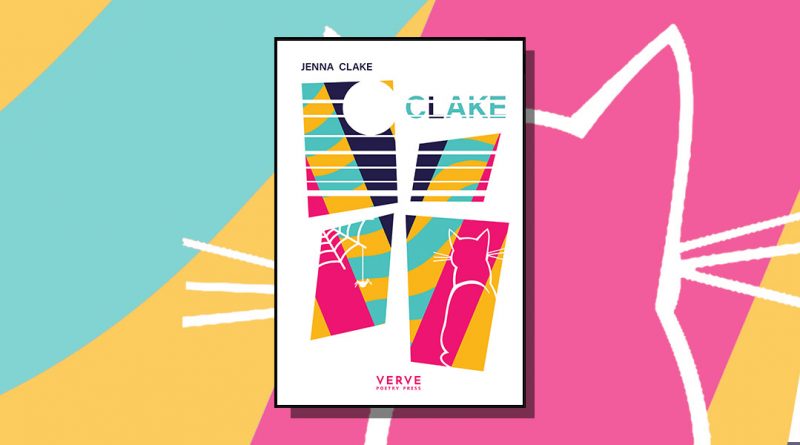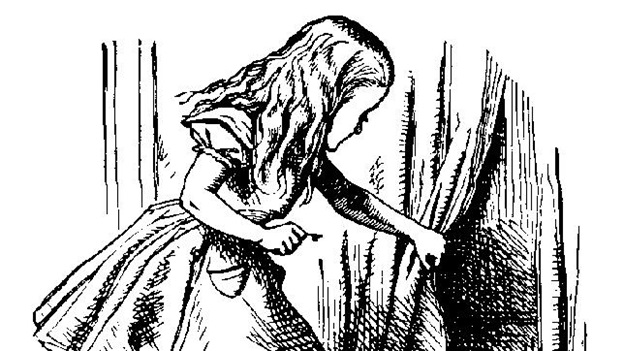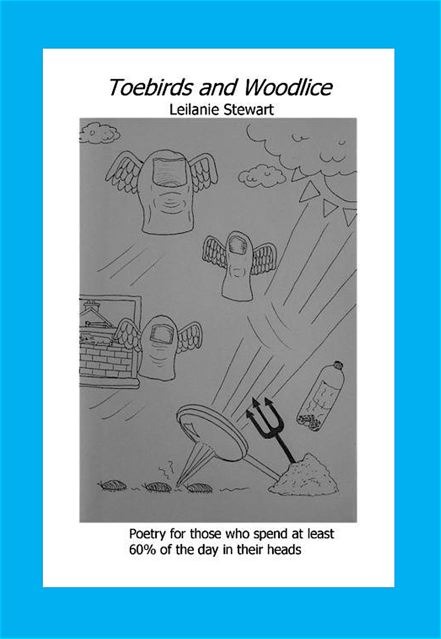Clake/ Interview For by Jenna Clake
–Reviewed by Julieta Caldas–
In an interview with HeadStuff, Jenna Clake states that prose poetry allows her ‘to tell a mini story in a way that poetry with line breaks couldn’t’. This narrative potential is crucial to Clake, a suite of short prose poems telling the story of a lonely woman referred to as ‘Clake’ and her enigmatic ‘Boyfriend’ who has left their shared home without explanation. As their weirdly impersonal names (which evoke the characters ‘husband’ and ‘wife’ in Anne Carson’s Beauty of the Husband) suggest, these two central figures are sketched in broad strokes. Boyfriend has left the house and we don’t know where he might be; Clake seems mostly to lie around thinking about him and talking to her cat.
The most concrete sign of Boyfriend we receive is a photo of him ‘asleep on a bench in the sun’ posted online by a friend – which Clake then mirrors, lying down on ‘cushions from the sofa’. Aside from on the internet, he appears only in thoughts and dreams: in one painfully fear-laced night vision, ‘Boyfriend has brought another girl home and she joins them in the shower’.
It is largely through the objects in the enclosed domestic setting of the poems that the story unfolds: red and white rosebuds in the garden, a series of spiders trapped in glasses, an emotionally expressive cat and a cake with the word ‘SORRY’ iced on it in red. In Clake’s cool, precise third-person voice these objects and animals are as loaded with narrative significance as people. Clake’s body even comes to seem alienated from her as a character when her eyelashes begin ‘falling out more than usual’. Much of the quiet action in this cycle of fifteen poems is involuntary or passive; ‘the ceiling cracks’, the cat’s ‘whiskers twitch and she moves her back paws’.
Clake’s PhD research is on ‘the new Absurd’, particularly in prose poetry, and how it relates to the feminist or the feminine. Absurdism show up in these poems in the form of dreamy, disjunctive speech, repetitive actions and sustained focus on mundane minutiae. As in a lot of ‘absurd’ literature, the setting of ‘Clake’ is a claustrophobic interior, but this doesn’t stop the outside from seeping in: Clake plays ‘loud music but she can still hear her neighbour slamming their front door.’ In this unsettling atmosphere where suspicions and hopes become increasingly synonymous, there are no real conclusions to be found. The centrality of nonhuman and inanimate objects also works to keep meaning evasive. In the last line, ‘Clake turns to her cat: Do you want Boyfriend to come back? Clake’s cat twitches her ears.’ The protagonist spends all of her time looking and waiting for such signs, and she receives many, but can’t know how to decode them. The images of roses that frame the Clake cycle provide heavy but ambiguous symbolism: in the beginning Clake ‘guesses that the red roses will bloom in three days, the white ones in seven’. By the end, ‘the white rose bush has more buds, and Clake rethinks that part of her prediction’.
Clake seems to be interested in investigating the limits of impersonality in poetry. In a ‘How I Did It’ piece for the Eric Gregory website, she writes:
There is an episode of Blue Planet II where an octopus hides itself from a shark. The octopus hides by covering its whole body in beautiful shells, debris. This is how I like to see my writing process: gathering nearby objects, ideas, memories, covering myself until I wriggle out from underneath, leaving the poem standing there.
Both of the main characters in Clake give this somewhat hollow impression. For Clake this is the result of her fear and sadness, which empty her of identity; in the case of the physically absent Boyfriend, the name becomes an abstract place-holder for the person. This emptying-out leaves us in a landscape made up of gathered ‘debris’. While in a recent long poem published in the White Review Clake explored the bizarre and sometimes lonely dynamics of a sharehouse (‘I had to sweep hair shavings into the sink and I cried when my housemates saw’), this domestic setting is more physically confined and even more charged with the presence or absence of the people who live in it.
In contrast to the stiflingly domestic setting of Clake, Interview for takes place in an indeterminate place populated by interviewers and a string of ambiguous voices. The first poem is an ‘Interview for an interviewer, a woman’s voice, a voiceover and a Google Car driver’. A drone gathering street footage provides a disembodied, floating perspective of this disparate cast of characters. On top of the main interview, with a woman who has been part of a science experiment that made her sleep for fifteen years, we receive snippets of indiscriminately gathered video data: ‘three children cheering on a dog as it chases a squirrel, ‘a black car on the motorway’. The driver of the Google Car hopes to ‘catch someone unaware in the window’ because it makes the images less ‘sad and empty’.
Aside from one ‘interview’ with a television presenter, there is an element of surveillance running through most of these poems. Clake gives the impression of eavesdropping on banal conversations as a woman complains ‘I have a pain in my ribs’ and a voiceover comments that ‘the light switches do not click’. The general air of strangeness that pervades the quasi-dialogues, however, removes any veil of intimacy.
Whereas Clake, being centred around a woman alone in a house, has no dialogue aside from the musings Clake directs at her cat, Interview for is full of speech that never really coheres into dialogue. The speakers are interrupted frequently by voiceovers offering robotic, atonal commentary (‘You are beautiful!’). The disconnected, sparse dialogue here is not rooted in a discernible narrative the way Clake is; there are more characters (or ‘voices’) and they are even more anonymous. Their speech is mediated by technology and by third parties to the point where, even in domestic spaces, everything feels alien.
Clake/Interview for presents stories woven together from limited information, so that the reader has at once too little and too much to go on. Clake unsettles the category of ‘the everyday’ in these poems in novel, funny and expansive ways.




